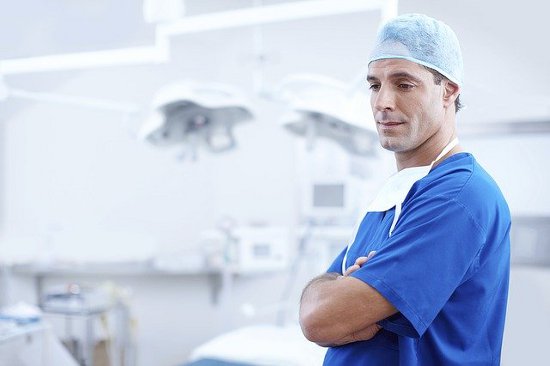Pregnancy is a special time in a woman’s life, there is now more than one of you to consider.
Keeping yourself healthy and well is essential for you and your baby, so looking after your teeth and gums is important during this time as there are several factors that can have long term effects for either you and/or your baby.
Periodontal disease can increase the risk of premature birth and low birth weight. These can be avoided with good dental care and monitoring.
Of course, it is vital that you check with your doctor before undertaking any dental treatments, and it is equally important to tell your dentist that you are pregnant when you see your dentist.


Most routine dental work is safe during pregnancy and will ensure that your teeth and gums stay healthy, however it is advisable to avoid un-necessary cosmetic dental work, such as teeth whitening, until after your baby is born.
We have listed 5 Dental Concerns During Pregnancy which we hope will help guide you in taking care of yourself and your baby throughout your pregnancy.
1. Oral Hygiene
Maintaining good oral hygiene is vital during pregnancy. Your tooth brushing and cleaning habits do not need to change when pregnant, but the importance of being vigilant with these habits is heightened during pregnancy
Changes in your hormones when pregnant can disturb the normal hormonal balance in your body, which can also lead to changes with your teeth and gums.
Gingivitis, as well as disturbance in the production of saliva, can be caused by hormonal changes. Morning sickness, vomiting and reflux can also lead to tooth erosion and damage to tooth enamel, so being diligent with your oral hygiene routine will minimize any effects of hormonal changes and keep your mouth, teeth and gums healthy.
Regular cleaning (at least twice a day) and flossing are essential to fight against acids and bacteria build up and make sure your toothbrush, or toothbrush head, is changed every 3 months.
2. Regular Dental Visits
Regular dental checkups during pregnancy are vital as gum disease can cause premature birth and low birth weight in babies, which can lead on to possible long-term health issues.
It is important to tell your dentist that you are pregnant as your dentist will avoid certain procedures, such as x-rays or cosmetic treatments like teeth whitening to protect your baby.
However most dental procedures are safe and will ensure that your mouth, teeth and gums stay healthy all through your pregnancy.
Gum disease, even during pregnancy, can be treated, particularly if caught early. If you have any signs such as swollen, red or bleeding gums, or notice that your breath is bad, then contact your dentist or your doctor for an appointment.
3. Cosmetic Procedures
Cosmetic dental procedures are not advisable while pregnant. For instance, teeth whitening is very popular these days and there are both professional whitening procedures as well as shop-bought products to whiten your teeth. Both options involve chemicals, hydrogen or carbamide peroxide for instance, which can be absorbed by your body and could be harmful to your baby. New products are continually being developed, but the safest option is to avoid cosmetic procedures while pregnant.
There are always risks that come with cosmetic procedures and your body is undergoing many changes at this time, so it is better to wait for any cosmetic procedures until after the birth and when you have finished with breastfeeding.
4. Diet and Nutrition
The old adage of ‘eating for two’ is almost right, but it’s about quality not quantity.
You need to increase your calcium intake while pregnant to ensure that there is enough for both you and your baby’s developing bones and teeth. So, increasing dairy or soy foods while pregnant will compensate.
Generally, though a balanced diet which includes lean meats, fresh vegetables, grains, beans and fruit will maintain optimum health without increasing volume.
Drink plenty of tap (or lightly fluoridated) water to stay hydrated; water also helps to flush out your mouth, removing any lodged particles of food, keeping your mouth clean and free of acid build-up.
Avoid foods which are high in sugars or starch, along with sweet drinks such as fruit juices or cordials which can lead to tooth decay and plaque build-up.
Alcohol should not be consumed during pregnancy.
5. Quit smoking
Smoking while pregnant will have detrimental effects upon your health and that of your unborn baby. Smoking is well known to be a factor in the development of gum disease and oral cancers.
By quitting smoking, you will not only improve your oral health but your general health too, thus providing a strong healthy environment for your baby’s development and growth.



